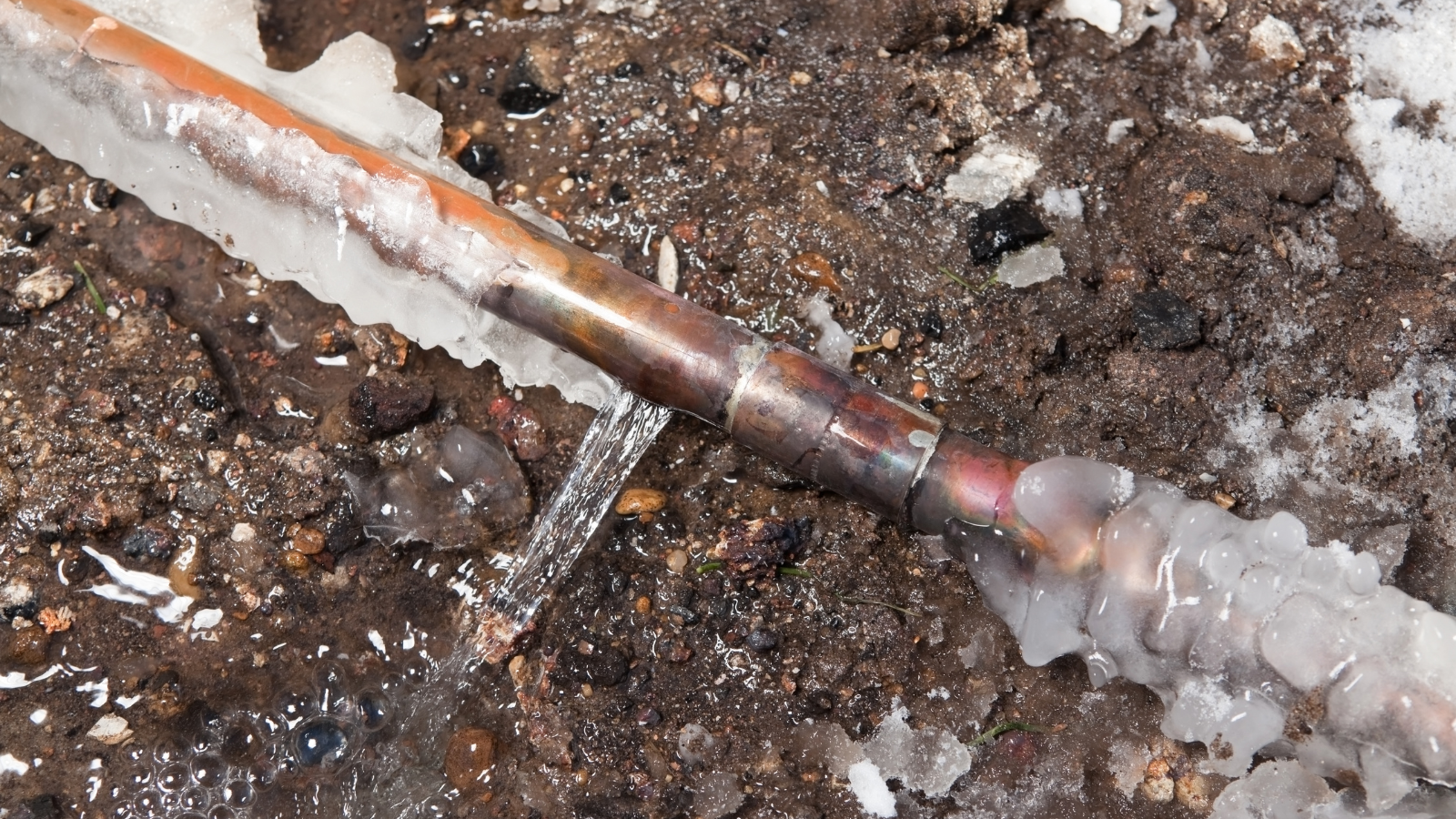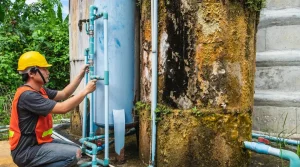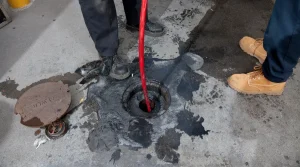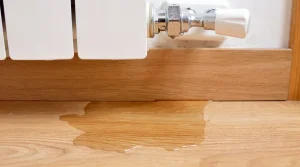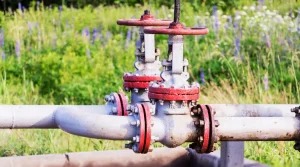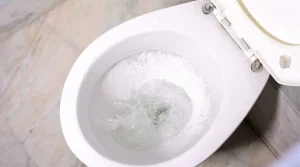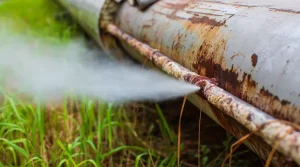Frozen pipes can cause significant damage to your property, especially in colder months, leading to costly repairs. It’s crucial to avoid frozen pipes in order to safeguard your plumbing and avoid unnecessary expenses. Fortunately, with the right precautions, you can safeguard your pipes throughout winter.
Key Takeaways:
- Insulate pipes: Focus on exposed pipes in unheated areas like basements and garages.
- Maintain warm indoor temperatures: Keep your thermostat consistent, even when away.
- Allow faucets to drip: A small water flow can prevent freezing.
- Seal leaks: Close gaps around pipes to reduce cold air infiltration.
- Install heating cables: Use heat tape or cables on vulnerable pipes for extra protection.
Get Expert Plumbing, Repair, and Drain Services in North Bergen – Call Us Today!
Why Is It Important to Prevent Frozen Pipes in Winter?
When water freezes inside pipes, it expands, potentially causing cracks or breaks. This can disrupt your water supply and lead to significant water damage, resulting in repairs that could cost thousands of dollars. Preventing frozen pipes is crucial not only to avoid inconvenience but also to protect your home from costly damage.
What Could Be The Cause of My Pipes Freezing in Winter?
To keep your pipes from freezing, it’s important to maintain a consistent temperature in your home and ensure your plumbing is properly insulated. The goal is to keep cold air away from your pipes and maintain water flow to prevent freezing.
5 Tips to Prevent Pipe Freezing
1. Insulate Pipes
Insulating pipes, particularly in unheated areas like attics, garages, and crawl spaces, is one of the most effective methods to prevent freezing. Heat tape or pipe insulation wraps can offer an additional layer of protection.
2. Keep the Heat On
If you plan to leave your home for an extended period, don’t turn off the heat entirely. Keep the thermostat set to at least 55°F (13°C) to maintain warmth and prevent freezing.
3. Seal Leaks and Drafts
Cold air can seep in through gaps around pipes. Use caulk or insulation to seal any leaks, especially around windows, doors, and wall openings.
4. Let Faucets Drip
A slow, steady drip from your faucets can release the pipes’ internal pressure to keep them from cold. Water in motion has a lower chance of freezing, so an easy and effective preventive measure.
5. Open Cabinet Doors
If plumbing is located inside cabinets, such as under the sink, keep the doors open to permit the pipes’ surrounding warm air to flow.
How to Safely Thaw Frozen Pipes
Take action if you think a pipe has frozen. immediately but cautiously. First, turn off the water supply to prevent flooding if the pipe bursts. Then, gently apply heat—using tools like a hair dryer or space heater—to gradually thaw the pipe. Always start thawing from the faucet and work your way back to avoid pressure buildup. Never use an open flame, as it poses a fire risk.
Permanent Solutions for Pipe Freezing Protection
For long-term protection, consider more permanent measures:
- Pipe insulation: Install foam or fiberglass insulation around pipes.
- Heat tape: Thermostatically controlled heating cables can be wrapped around pipes to provide constant warmth.
- Relocate pipes: Move pipes away from exterior walls or unheated areas whenever possible.
- Install frost-proof spigots: Exterior faucets are particularly vulnerable to freezing, so replacing them with frost-proof spigots is a wise investment.
Get your plumbing ready for spring! Prevent costly issues with a thorough inspection and maintenance
Conclusion
It’s crucial to avoid frozen pipes in the winter for shielding your house from harm and costly repairs. By taking proactive steps—such as insulating pipes, sealing drafts, and maintaining consistent indoor temperatures—you can significantly reduce the risk. Additionally, knowing how to thaw frozen pipes safely can prevent further damage in case of a freeze. Investing in long-term solutions like pipe insulation and frost-proof spigots will ensure peace of mind and keep your plumbing safe for years to come.

